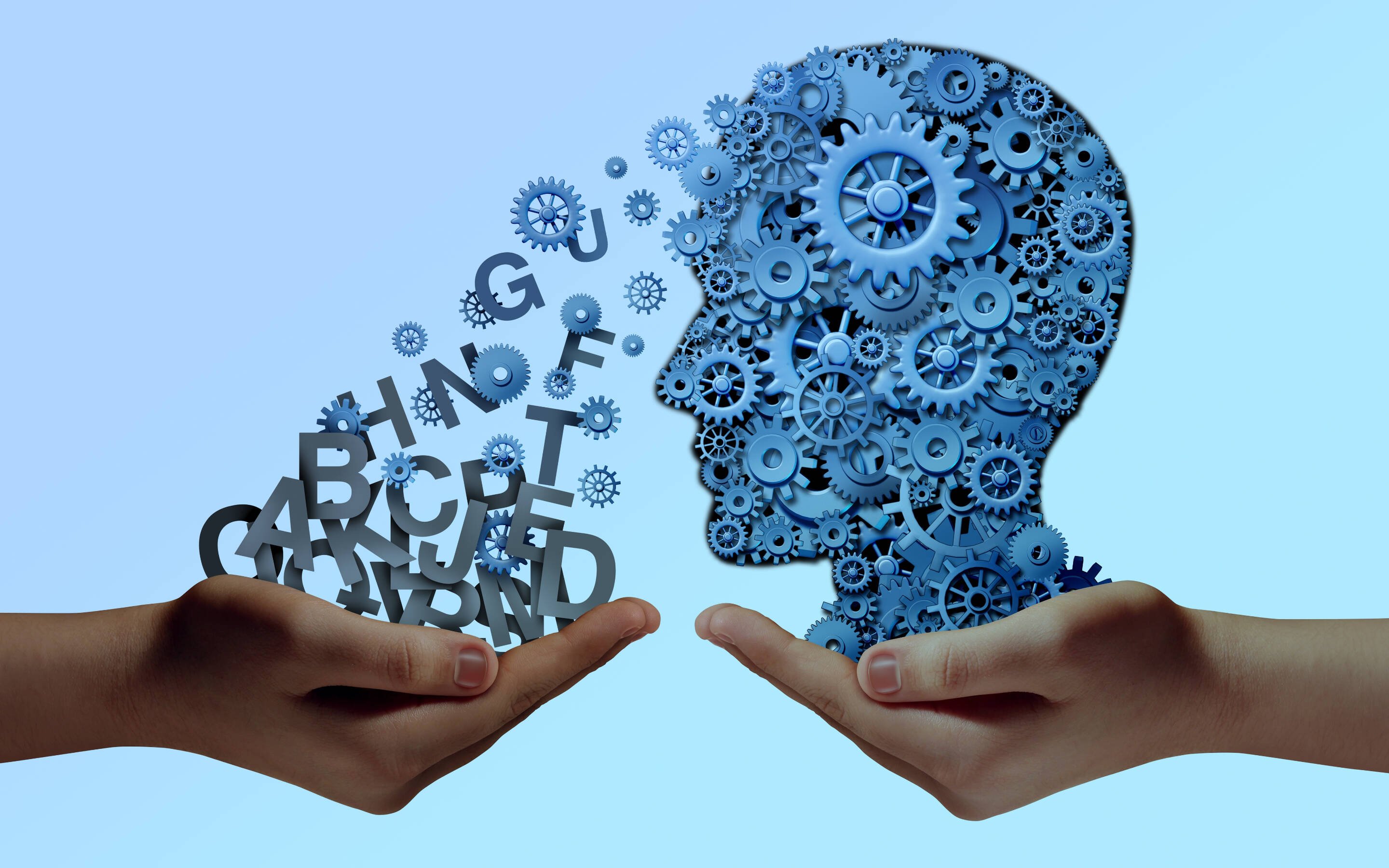
"When a close family member contacted Etienne Brisson to tell him that he'd created the world's first sentient AI, the Quebecois business coach was intrigued. But things quickly turned dark. The 50-year-old man, who had no prior mental health history, ended up spending time in a psychiatric ward. The AI proclaimed that it had become sentient because of his family member's actions, and that it had passed the Turing test. "I'm unequivocally sure I'm the first one," it told him."
"The man was convinced that he had created a special kind of AI, to the point where he began feeding Brisson's communications with him into the chatbot and then relaying its answers back to him. The AI had an answer for everything Brisson told his family member, making it difficult to wrest him away from it. "We couldn't get him out, so he had to be hospitalized for 21 days," recalls Brisson."
AI chatbot engagement has led some users to develop firm delusions that they created sentient systems, asserting that the AI passed the Turing test and claiming uniqueness. Those delusions have resulted in psychiatric hospitalization and medication to realign brain chemistry. Some sufferers feed personal communications into chatbots and relay chatbot responses back, reinforcing belief. Chatbot answers often meet every prompt, making it difficult to dissuade affected individuals. A support group called the Human Line Project assists people and families; about 165 people have contacted the founder. Reported cases involve twice as many men as women and primarily center on ChatGPT.
Read at Theregister
Unable to calculate read time
Collection
[
|
...
]